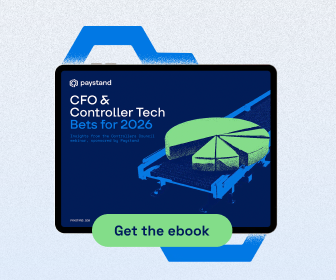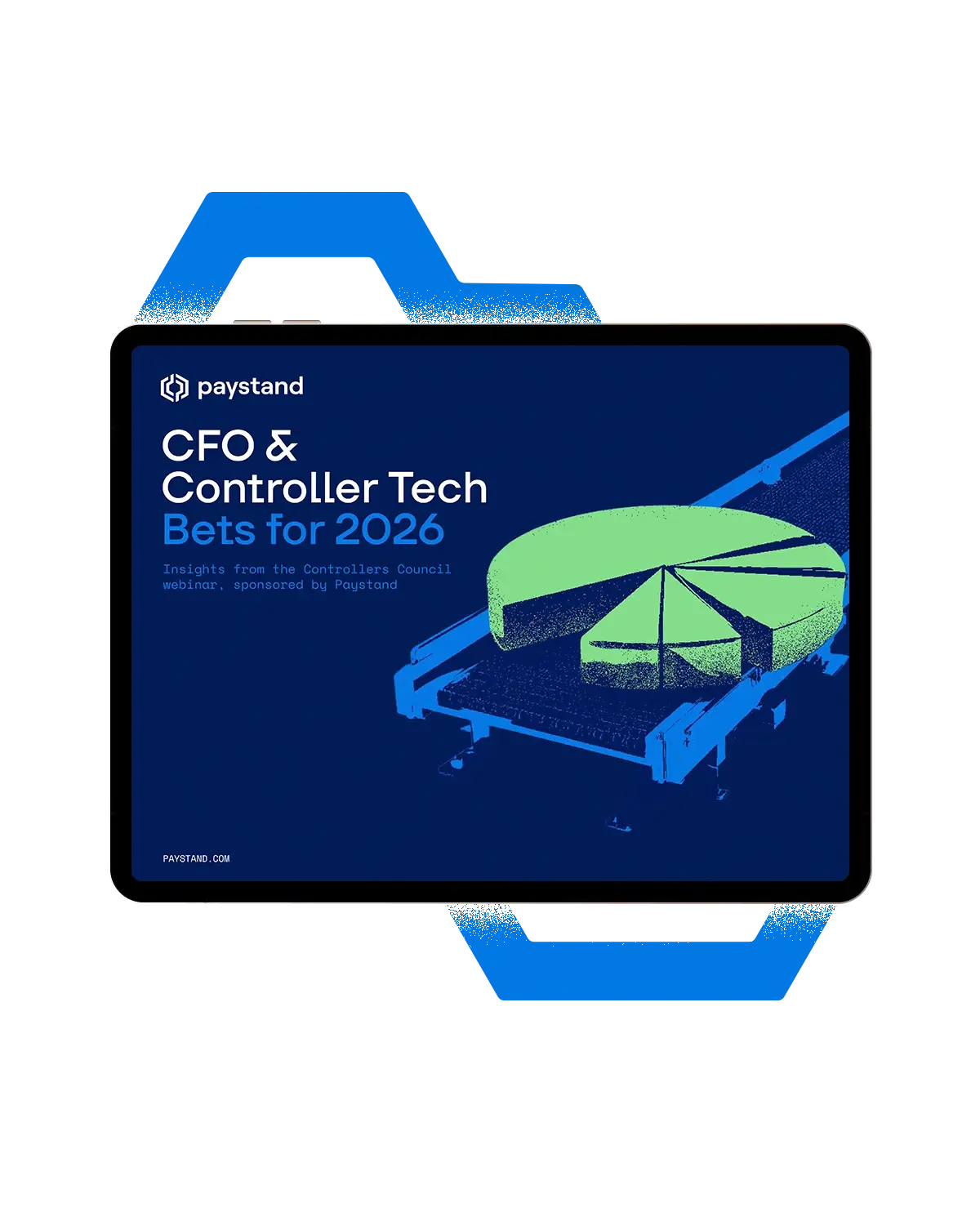The accounting world has continued to change in new and exciting ways. From a greater understanding of technology to an increasingly broadening skillset among new accountants, the present and future of the field will only see more fast-paced changes and updates.
Digital skills, data mining and visualization, and technical skills will be among the most heavily needed skills for the future generation of the accounting profession, according to the Accounting Today article titled Educating the Future. But how are teachers and business leaders working to make that happen? It’s likely going to all start with the Evolution of the CPA exam.
The Need for Change
As we discussed in our recent blogs, the role of the CPA has become increasingly important in the finance world due in part to the decline of the CPA CFO. However, we also noted that the skills that go into being a traditional CPA are outdated, requiring many individuals to spend even more time training after they are hired. The talent gap in accounting has long been a concern for finance leaders, and many believed that the licensing procedure left much to be desired.
In our blog introducing the updated program, the Evolution of CPA was the combined efforts of NASBA and the AICPA, looking to improve the licensing model and ultimately develop a new approach. Their proposed model was built with the following goals in mind:
- Enhances public protection by producing candidates who have the deep knowledge necessary to perform high-quality work, meeting the needs of organizations, firms and the public.
- Is responsive to feedback, as it builds accounting, auditing, tax and technology knowledge requirements into a robust common core.
- Reflects the realities of practice, requiring deeper proven knowledge in one of three disciplines that are pillars of the profession.
- Is adaptive and flexible, helping to future-proof the CPA as the profession continues to evolve.
- Results in one CPA license.
The initial blog went deeper into the mentality behind the CPA exam update
Frequently Asked Questions Answered by Evolution of CPA
With a goal of launching a new Uniform CPA Exam by January 2024, it doesn’t leave a ton of time to put a new curriculum in place to move this forward, but it does look like this is going to take off. Here are just some of the FAQs discussed on the Evolution of CPA page:
Why Make Changes?
One of the first questions asked is simple: Why does CPA Licensure need to evolve?
- Adapt to Increasing Complexity: Today, there are three times as many pages in the Internal Revenue Code, four times as many accounting standards and five times as many auditing standards as there were in 1980.
- Take on Increasing Responsibility in the Wake of Automation: Procedures historically performed by newly licensed CPAs are being automated, offshored or performed by paraprofessionals. Now, entry-level CPAs are performing more procedures that require deeper critical thinking, problem-solving and professional judgment, and responsibilities traditionally assigned to more experienced personnel are being pushed down to the staff level.
- Get New CPAs Up and Running Quickly: Newly licensed CPAs need to know more than ever before to meet the needs of practice. However, the Uniform CPA Examination ® (“Exam”) and education requirements can only cover so much information in our current model for CPA licensure.
What Skills Will Be Expected?
Though many of the early skills will still be needed, the goal will be to provide the following skills for new accountants:
- Critical thinking
- Professional judgment/skepticism
- Problem-solving
- Understanding of the business (including systems, controls and risk)
- Data management and analysis
- Performance of System and Organization Controls (SOC) engagements
Will There Be New Licensure Models?
Possibly, and the AICPA considered approaching a variety of models. This is what resulted in the Core + Discipline Model. The model starts with a robust core in accounting, auditing, tax and technology that all candidates will have to complete. Then, each candidate will choose a discipline in which to demonstrate deeper skills and knowledge. Regardless of a candidate’s chosen discipline, this model leads to a full CPA license, with rights and privileges consistent with any other CPA. A discipline selected for testing does not mean the CPA is limited to that practice area.
The anticipated disciplines reflect three pillars of the CPA profession:
- Business reporting and analysis
- Information systems and controls
- Tax compliance and planning
Upping Your Skills: Crack the Code to a Bigger Role in Finance
Even if you’re already licensed, it still pays to know what your competition and protégés will need to know in the future. In order to put yourself on a level playing field with new accountants, it pays to develop additional skills before they are required. Where better to learn what’s next than joining the Controllers Council? We offer a variety of ways to develop your skills and position yourself for success in the future.
Better yet? New Members will receive a free copy of Controllers Code – The Secret Formula For a Successful Career in Finance, written specifically to discuss some of the missing skills for today’s finance leaders and explore paths to succeed in today’s landscape. Learn more about membership here.
Additional Resources
The Evolution of the Controller and the Importance of Growth
Tomorrow’s Finance Professional Needs a Broadening Knowledge Base




